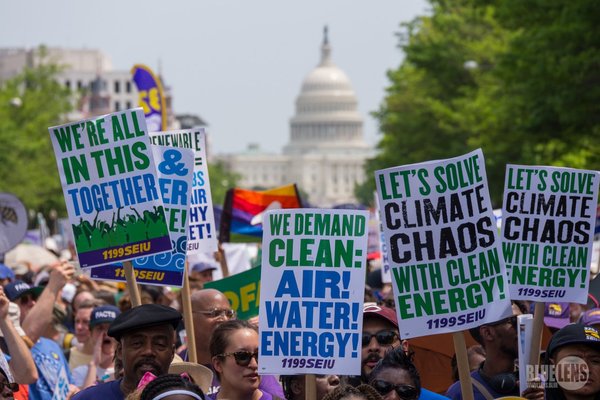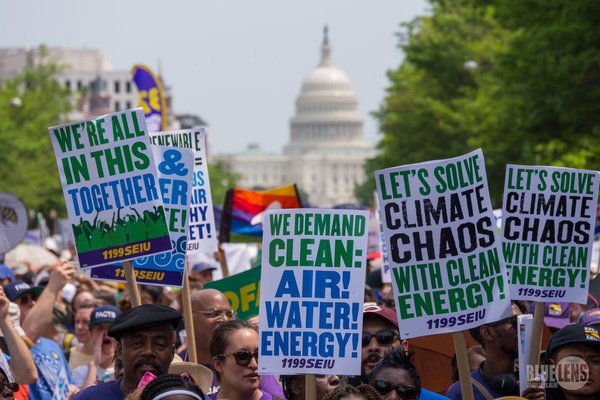
Climate change: UN calls for radical changes to stem warming
The BBC's Matt McGrath describes a review of action on climate since the Paris agreement calling for an end to fossil fuels without carbon capture.
In a nutshell:
In the first global review since the 2015 Paris agreement, a UN report calls for radical decarbonization efforts to combat climate change. While acknowledging progress, it emphasizes the need to rapidly phase out fossil fuels without carbon capture, expand renewable energy sources, halt deforestation by 2030 and transition to electric vehicles. The report stresses that system transformation is essential, impacting energy production, transportation, work and food production. It also calls for increased financing to meet climate goals and is expected to influence discussions at the upcoming COP28 global climate talks in Dubai.
Key quote:
The report states: "Either we transform society in a way that avoids the worst of climate change, or climate change will transform society for us, in ways that are difficult to foresee but likely not to be very pleasant."
The big picture:
Unchecked fossil fuel emissions pose substantial health risks due to their role in driving climate change and its associated health impacts. The combustion of oil, gas and coal releases carbon dioxide, a major contributor to climate change. Elevated CO2 levels can lead to rising global temperatures, exacerbating heat-related illnesses and causing more frequent and severe heatwaves. The resulting climate changes can disrupt ecosystems, affecting air and water quality and potentially increasing the prevalence of respiratory diseases and other health issues.
Read the story at the BBC.
Learn more: In 2021, more than 500 environmental and community groups called on US and Canadian leaders to abandon efforts to capture carbon emissions from fossil fuels and work harder to curb fossil fuel use in the first place.














